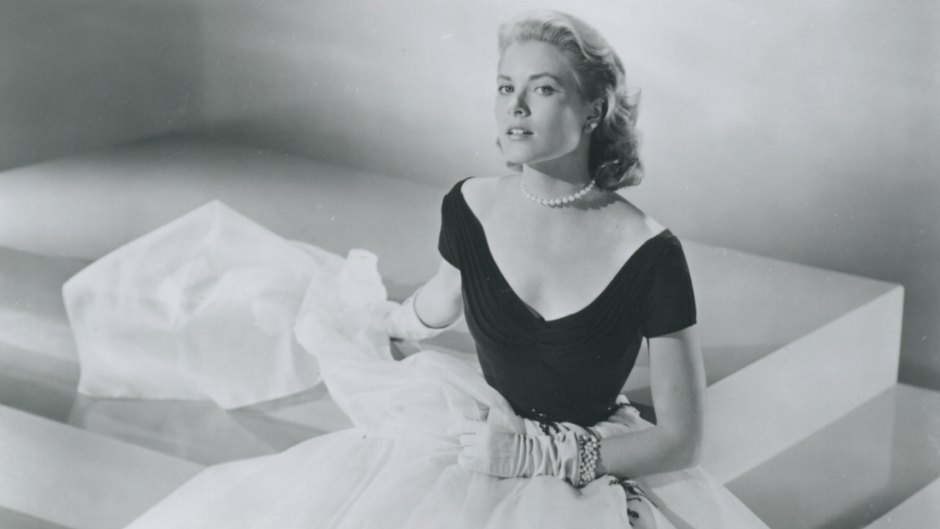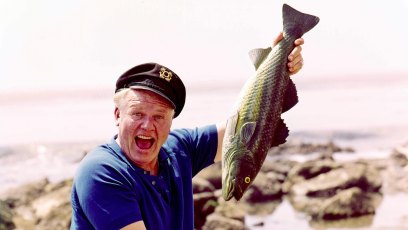
Moviestore/Shutterstock
Grace Kelly ‘Had to Give Up Certain Things’ to Marry the Prince of Monaco, Biographer Says
It brought new meaning to the words “dramatic exit.” Grace Kelly was 26 and at the height of her career — with a best actress Oscar and star turns alongside such formidable leading men as Jimmy Stewart, William Holden and Cary Grant — when she gave it all up to marry Monaco’s Prince Rainier.
In the press, Grace was depicted as a fairy-tale princess, swept off her feet and whisked away to a picturesque foreign land to live happily ever after. But the Rear Window beauty always bristled at that comparison. “I certainly don’t think of my life as a fairy tale,” she said 26 years later. “I think of myself as a modern, contemporary woman who has had to deal with all kinds of problems that many women today have to deal with.”
Indeed, while Grace insisted that retiring from acting to be a royal wife and mother “was an easy decision to make,” the adjustment was far from effortless. “She enjoyed being around creative people, and creating things herself,” biographer Jay Jorgensen, who co-authored the book Grace Kelly: Hollywood Dream Girl, exclusively tells Closer. “In that respect, I think [leaving Hollywood] was hard for her…. She had to give up certain things, like her career, to get certain things.”
Grace understood the tradeoff from the start. When she wed Rainier in 1956 after a whirlwind romance, she knew that her first priority was to become a mother. “It was her duty to produce heirs to the throne,” Jorgensen explains. She quickly fulfilled that requirement, giving birth to Caroline in 1957, followed by Albert in 1958 and Stephanie in 1965. But even as she found fulfillment in coparenting her three children with Rainier, whom she said was “a good father,” Grace longed for creative satisfaction.
FINDING A NEW PATH
An avid supporter of the arts from the start of her reign, Grace began to explore more possibilities as her children grew older. Hinting that she’d actually “never retired,” she began taking voice-over parts in documentaries — and even considered an offer from Alfred Hitchcock. “He approached her about doing Marnie,” Jorgensen reveals, adding that Rainier fully supported the idea. Though she was tempted, Grace ultimately bowed to the public, who thought it unseemly for her to kiss another man onscreen.
The part went to Tippi Hedren, and Grace found other ways to express her creative side, like performing poetry readings at various venues throughout the ’70s. “I get a lot of satisfaction from it, and for the most part, I do it for students,” she said at the time. “I would rather do it for people who enjoy poetry.”
She also threw herself into charitable work, planning gala events — to which she invited many of her old Hollywood pals. “She enlisted the heavy-hitters like Frank Sinatra and Cary Grant to come to the balls in Monaco,” Jorgensen says. And though she never did return to the big screen, Grace couldn’t bring herself to rule out the possibility. “I never say never,” the iconic star once teased, “and I never say always.”
— Alison Gaylin







































